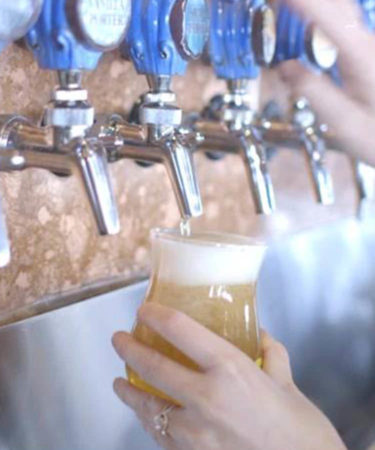The Brewers Association today announced that the craft brewer definition has changed, effective immediately.
Changes include removing one of the definition’s previous three pillars, “traditional,” which stated that a craft brewer is one “that has a majority of its total beverage alcohol volume in beers whose flavor derives from traditional or innovative brewing ingredients and their fermentation. Flavored malt beverages (FMBs) are not considered beers.”
The two other pillars, “small” and “independent,” remain in effect. This is the fourth time the BA has changed the craft brewer definition since its origination in 2006.
“Since 2006, the craft brewing industry has more than tripled in size and market share. As the industry evolves, so should the definition,” Paul Gatza, BA director, wrote in a statement. Gatza continued, “The ‘traditional’ pillar became outdated because craft brewers … have created new products that do not fit the traditional definition of beer.”
Products he refers to include mead, sake, wine, kombucha, and flavored malt beverages (FMBs).
The new pillar replacing “traditional” is simply “brewer,” which includes any company that has a TTB Brewer’s Notice and makes beer. This means companies that primarily produce other beverages, as long as they make beer and have a license, can be considered craft brewers.
More information on the craft brewer definition update is available here.
